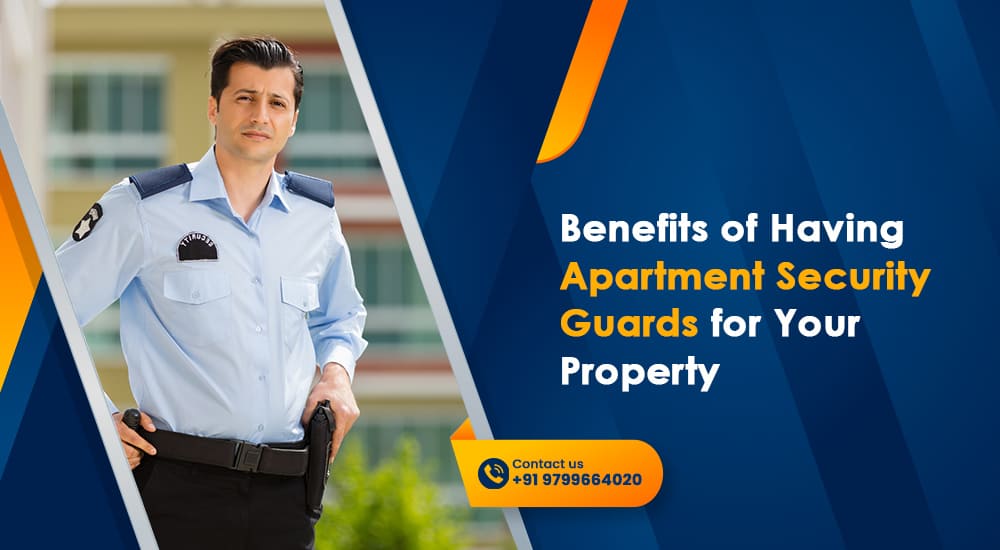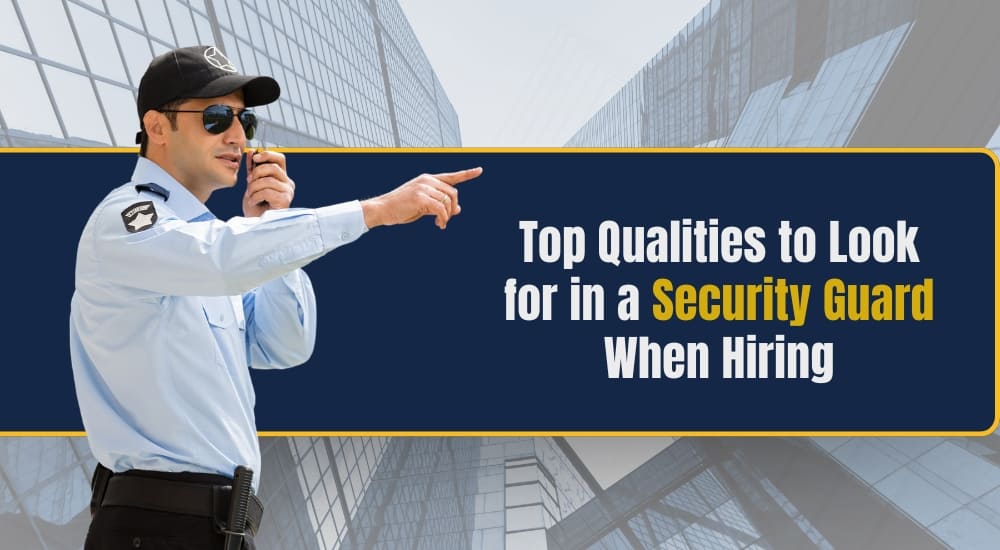What on jobs challenges faced by Security guards on grounds
Security guards play a crucial role in maintaining safety and order in various environments, from residential complexes to corporate offices and public events. However, the job comes with its own set of challenges. This article explores the key challenges security guards face while on duty and offers practical strategies to manage them effectively.
1. Physical Exhaustion
The Challenge
Security guards often work long hours, sometimes standing or patrolling for extended periods. This can lead to physical exhaustion, which can impact their alertness and performance.
How to Handle It
- Regular Breaks: Schedule short breaks during your shift to rest and recharge. Even a brief pause can make a significant difference.
- Proper Footwear: Wear comfortable, supportive shoes to reduce fatigue.
- Stay Hydrated and Nourished: Drink plenty of water and eat balanced meals to maintain energy levels throughout your shift.
- Exercise Regularly: Engage in regular physical exercise during off-duty hours to improve stamina and reduce the risk of fatigue on the job.
Explore more about our health and safety tips for security personnel on our resource page.
2. Dealing with Threats and Violence
The Challenge
Security guards may encounter aggressive individuals or situations that could escalate into violence. Handling such scenarios requires a calm and strategic approach to ensure the safety of everyone involved.
How to Handle It
- Stay Calm: Maintain a composed demeanor to avoid escalating the situation further.
- De-escalation Techniques: Use verbal communication to calm the individual and resolve the situation peacefully.
- Know When to Retreat: If a situation becomes too dangerous, prioritize safety and call for backup or law enforcement assistance.
- Self-defense Training: Regular training in self-defense can prepare you to handle physical confrontations if they occur.
Learn more about our specialized security training programs here.
3. Managing Long Hours and Rotating Shifts
The Challenge
Security guards often work in shifts that include nights, weekends, and holidays. The irregular hours can disrupt sleep patterns and make it difficult to maintain a work-life balance.
How to Handle It
- Sleep Management: Develop a consistent sleep routine, even if you work night shifts. Ensure your sleeping environment is quiet, dark, and comfortable.
- Time Management: Use your off-duty time wisely to rest, spend time with family, and engage in hobbies or relaxation activities.
- Healthy Lifestyle: A healthy diet, regular exercise, and avoiding caffeine before bed can improve sleep quality and help you adjust to different shifts.
Discover how our flexible security staffing solutions can help manage shift rotations effectively here.
4. Handling Emergencies
The Challenge
Emergencies such as fires, medical incidents, or security breaches require immediate and effective responses. Security guards must be prepared to act quickly under pressure.
How to Handle It
- Training: Regularly participate in training on emergency response protocols. Familiarize yourself with procedures for different types of emergencies and practice them regularly.
- Quick Decision-Making: Stay alert and ready to make quick decisions when an emergency occurs. Prioritize actions that protect lives and property.
- Communication: Maintain clear communication with your team and other authorities (police, fire department) during an emergency to ensure a coordinated response.
- First Aid Knowledge: Basic first aid training can be crucial in handling medical emergencies until professional help arrives.
For a detailed overview of our emergency response training, visit this link.
5. Maintaining Vigilance
The Challenge
Monotony, especially during quiet shifts, can lead to a lapse in vigilance. This could result in missed security threats or slow responses to incidents.
How to Handle It
- Active Patrols: If possible, vary your patrol routes and times to stay alert and cover more ground.
- Engage Your Mind: Keep your mind active by mentally noting any changes in your surroundings or by reviewing security protocols.
- Regular Check-ins: Communicate regularly with your team or supervisor to stay engaged and aware of any developments.
- Use Technology: Utilize surveillance tools and equipment effectively to monitor your area and maintain awareness.
Interested in advanced surveillance technology? Explore our latest offerings.
6. Stress and Mental Health
The Challenge
The high-stress nature of security work can take a toll on mental health. Constant vigilance, dealing with difficult situations, and the potential for danger can lead to anxiety, burnout, or other mental health issues.
How to Handle It
- Stress Management Techniques: Practice relaxation methods such as deep breathing, meditation, or yoga to manage stress levels.
- Support Systems: Talk to colleagues, friends, or a mental health professional about any challenges or stresses you’re facing.
- Know Your Limits: Recognize when you’re feeling overwhelmed and take appropriate steps, such as taking a break or seeking professional help.
- Work-Life Balance: Ensure you’re taking time outside of work to relax and engage in activities you enjoy.
Explore our resources on managing stress in high-risk jobs here.
7. Communication Challenges
The Challenge
Effective communication is essential for security guards, whether it’s interacting with the public, colleagues, or emergency services. Miscommunication can lead to misunderstandings or delays in response.
How to Handle It
- Clear and Concise Communication: Always communicate clearly and avoid jargon or unclear terms.
- Use Proper Channels: Ensure you’re using the appropriate communication tools (radios, phones) and protocols when coordinating with others.
- Active Listening: Pay attention to what others are saying, ask questions if something is unclear, and confirm understanding before taking action.
- Training and Practice: Regular communication drills can help you become more confident and effective in both routine and emergency situations.
For tips on improving workplace communication, check out our communication guide.
Conclusion
Security guards face numerous challenges while on duty, but with the right strategies, they can effectively manage these difficulties. By staying physically fit, practicing de-escalation techniques, managing stress, and maintaining strong communication, security guards can perform their duties efficiently while ensuring their own well-being. Continuous training and a proactive approach to problem-solving are key to overcoming the challenges of this demanding yet rewarding profession.
Looking for comprehensive security solutions? Explore our fixed pricing plans tailored to your needs here.








